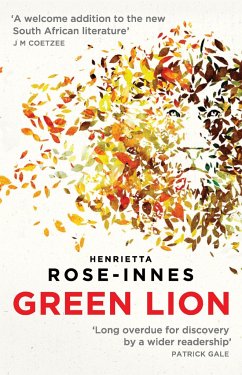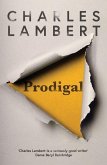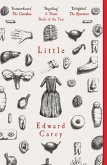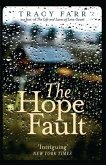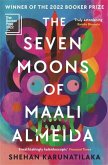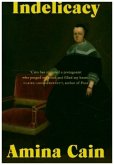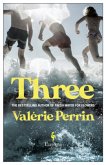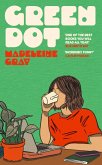When a lion at a breeding park mauls an old school friend of his, Con must step in as the keeper of Sekhmet, the last remaining black-maned lioness in the world. In a Cape Town where fences keep people and wildlife apart, park officials and investors fret about their flagship big-cat project. And while Con grows steadily more bonded to his enigmatic charge, a cult of animal lovers seek to claim her as their own.
Hinweis: Dieser Artikel kann nur an eine deutsche Lieferadresse ausgeliefert werden.
Hinweis: Dieser Artikel kann nur an eine deutsche Lieferadresse ausgeliefert werden.
'Muscular and lyrical'- The Telegraph. 5 starred review 'It raises vital issues about our relationship with the natural world, this is above all an immersive and compelling story. Great characters ... superb lyrical writing.' The Literary Sofa 'Green Lion is a novel that bridges the gap between the past and present so that there are no loose ends, only the hope that in the future humanity will do a better job of conserving what is not yet lost.' Paul Dawson 'Beautifully written, with prose that is mixed with poetry and power, Green Lion has sent me off looking for more work by Henrietta Rose-Innes' Paul McVeigh, author of The Good Son 'Rose-Innes' animals have a liquid quality, slipping between boundaries, often unseen but felt or heard, frequently doing the unexpected.' The Bookbag

